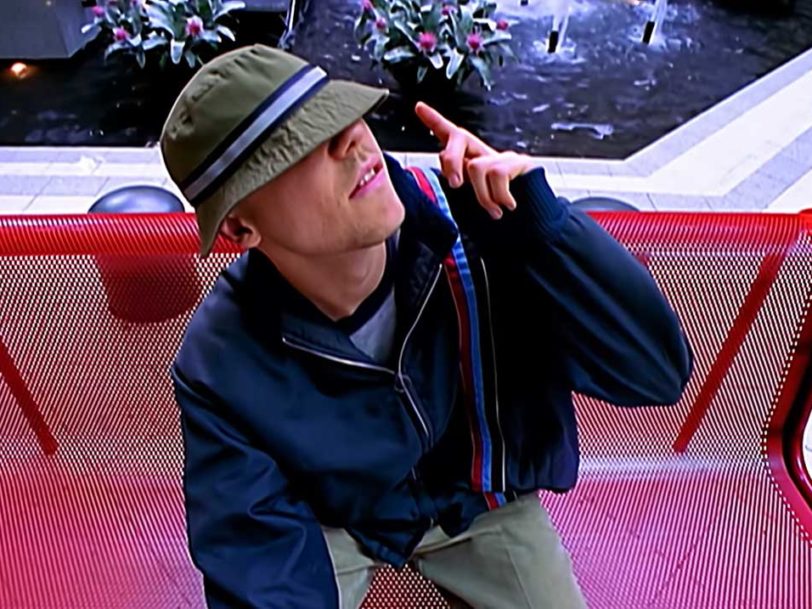In a world defined by strange turns of events, yet another occurred on 20 January, when late 90s alt-rockers New Radicals performed their sole hit, You Get What You Give, as part of President Biden’s virtual inauguration ceremony. Twenty-two years after the Gregg Alexander-fronted group played their last show, it got many people asking: what happened to New Radicals?
In need of a miracle: from solo career to forming New Radicals
Born in Michigan on 4 May 1970, Gregg Alexander was a quick learner: having bought his first guitar at the age of 12, he was just 16 when A&M Records offered him a recording contract. Following two largely ignored solo albums, Michigan Rain (1989) and Intoxifornication (1992), he relocated to first New York before later settling in Los Angeles, where he eventually formed New Radicals.
Emboldened by some songwriting success (most notably earning a co-writing credit on Here Comes My Baby, the closing song on Belinda Carlisle’s 1993 album, Real), Alexander essentially used New Radicals as a vehicle for his talents; the only other constant member was keyboard player and percussionist Danielle Brisebois, with whom Alexander had also previously worked. Writing, performing and producing almost everything on New Radicals’ sole album, 1998’s million-selling Maybe You’ve Been Brainwashed Too (its title a nod to his Jehovah’s Witness upbringing), Alexander delivered an album of soulful rock music whose soaring melodies masked a lot of critical thinking about American society.
You get what you give: success and disbanding
Though the band are forever destined to be remembered as one-hit wonders, You Get What You Give is a pop-rock essential praised by everyone from Joni Mitchell to U2’s The Edge and rapper Ice-T. Released in November 1998, just weeks after Maybe You’ve Been Brainwashed Too, it topped the charts in Canada and New Zealand, was a Top 5 smash in the UK, and hit No.36 on the Billboard Hot 100, while also charging to No.8 on the Modern Rock chart.




